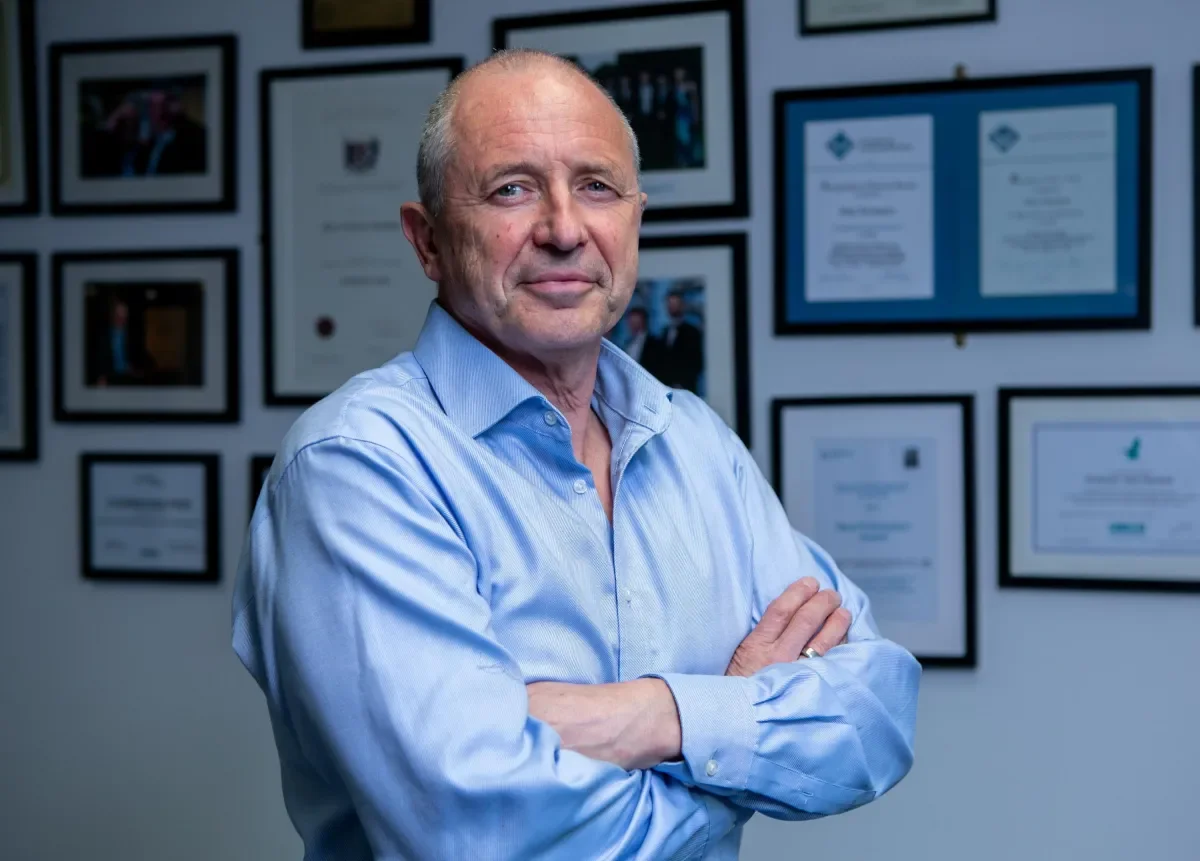

Prof Alan Smeaton Calls for Smarter Use of AI in Academia Amid Growing Challenges
In a recent article published by The Irish Times, concerns over the authenticity of content created and consumed in the digital age were brought to light, from deepfake videos to AI-generated essays.
The issue has intensified with the rise of generative AI (GenAI) tools like ChatGPT and Google's Gemini, which have become increasingly popular among students. A survey referenced in the article found that nearly 90% of 1,000 college students admitted to using ChatGPT to complete homework assignments. Meanwhile, a UK study showed that 97% of AI-generated work submitted by fake students went undetected by university staff.
While some institutions have responded by attempting to ban the use of these tools, Professor Smeaton believes this is both unrealistic and unsustainable.
He commented:
“That's not doing our students any favours... It’s another tool they need to learn to use, and they need to learn its limitations, its benefits and its opportunities. It’s a cold war.”
Prof Smeaton, who is a founding director of the Insight Centre for Data Analytics, argues that simply prohibiting GenAI use does not prepare students for the realities of the modern world. Instead, he encourages academic institutions to rethink assessment strategies altogether.
“You just change the nature of the assessment... So instead of asking for an essay on a topic, ask students to demonstrate their knowledge in different ways.”
His comments come amid growing criticism of commercial AI-detection tools, which are often used to catch students submitting AI-written essays. Prof Smeaton also notes that while companies boast accuracy rates of 98 to 99%, independent evaluations have found these figures can fall as low as the 70s, levels he deems “simply unacceptable.”
The article also highlights Trinity College Dublin's proactive stance in issuing a “College Statement on Artificial Intelligence and Generative AI in Teaching, Learning, Assessment and Research.” The statement recognises the new challenges and risks presented by AI but emphasises the need for responsible, ethical, and informed use.
Prof Alan Smeaton’s approach suggests that instead of fearing AI, educators must engage with it, teaching students how to critically and ethically use these tools while also redesigning academic assessments to reflect this new reality.
Read The Irish Times’ article here.
